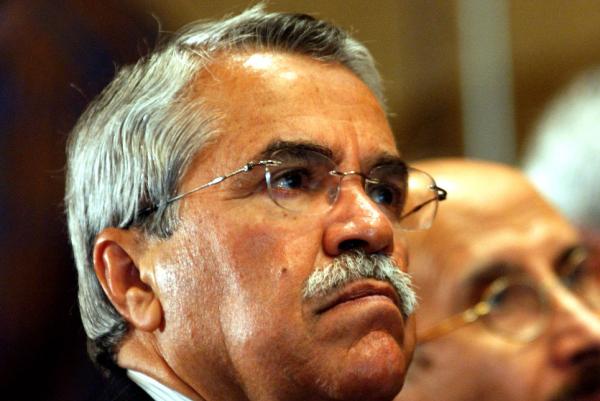-
Tips for becoming a good boxer - November 6, 2020
-
7 expert tips for making your hens night a memorable one - November 6, 2020
-
5 reasons to host your Christmas party on a cruise boat - November 6, 2020
-
What to do when you’re charged with a crime - November 6, 2020
-
Should you get one or multiple dogs? Here’s all you need to know - November 3, 2020
-
A Guide: How to Build Your Very Own Magic Mirror - February 14, 2019
-
Our Top Inspirational Baseball Stars - November 24, 2018
-
Five Tech Tools That Will Help You Turn Your Blog into a Business - November 24, 2018
-
How to Indulge on Vacation without Expanding Your Waist - November 9, 2018
-
5 Strategies for Businesses to Appeal to Today’s Increasingly Mobile-Crazed Customers - November 9, 2018
Saudi to stick with oil output despite low prices
Saudi Arabia announced its plan to reduce its record-high $98 billion deficit in the form of spending cuts, increased taxes and privatization, and energy subsidy reforms.
Advertisement
The ministry reported for fiscal year 2015 at $162 billion, an estimated 15 percent decline from budgeted revenues.
Saudi Arabia is the largest member of the Organisation of Petroleum Exporting Countries, which earlier this month failed to agree any output cuts despite oil prices dropping to near 11-year lows.
Brent crude oil prices are down roughly 36% from this time previous year and continue to hold beneath $40 per barrel – even pennies below West Texas Intermediate crude – Kallanish Energy calculates. Public revenues are the lowest since 2009 when oil prices dived as a result of the global financial crisis.
Revenues next year are forecast at SR514 billion, down from SR608 billion in 2015, when oil revenues accounted for 73 percent of the total.
The UK, long the preferred home of Saudi royal property investment, has seen a spate of sales over the past few years as the falling price oil has brought the days of the high-spending Middle Eastern spending to an end.
John Kilduff, founding partner at Again Capital, said the policy implies that Riyadh expects low oil prices to persist.
The dive is largely due to Saudi Arabia’s own policies and those of other OPEC nations, who are refusing to cut oil production as they seek to drive less-competitive players, including U.S. shale producers, out of the market.
Saudi Arabia has so far withstood the cheap oil era by dipping into its massive reserves, but officials are looking for more sustainable sources of revenue, including raising petrol, electricity and water prices.
The country announced Monday a Riyal 513 billion budget for 2016, down from $229 billion in 2015.
Gas feedstock used by Saudi petrochemical producers are heavily subsidised by the government and are among the lowest in the world.
Next year’s budget projects spending of 840 billion riyals, down from 975 billion spent this year. In October, the International Monetary Fund said that Saudi Arabia could be bankrupt within five years if it did not look to diversify its revenue.
Advertisement
For the year, the finance ministry said gross domestic product was expected to increase by 3.4 percent, and the oil sector is expected to grow by 3.06 percent.





























